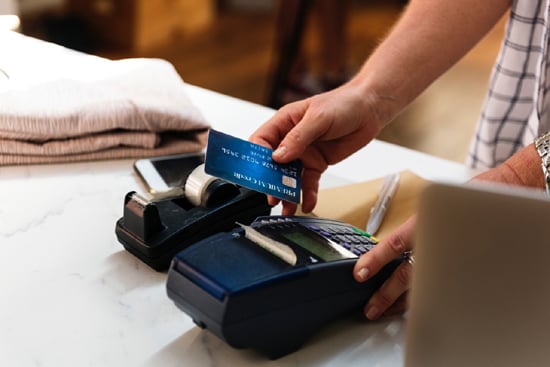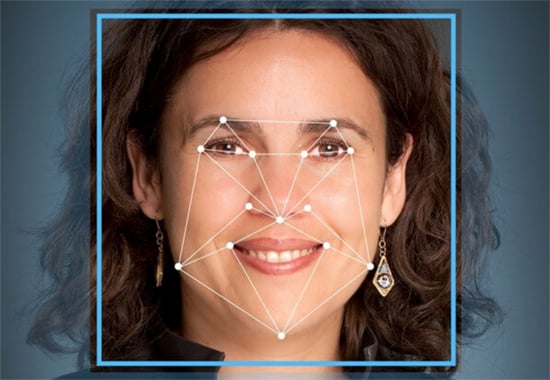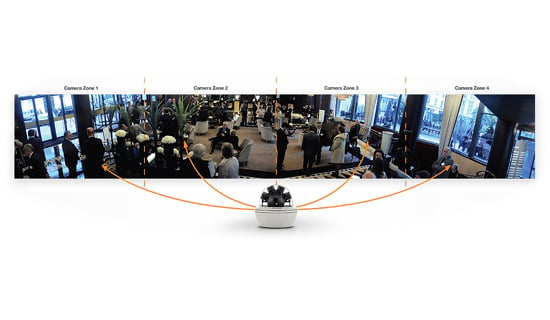Beyond Surveillance in Retail
/ in 2018 /By John Krumme, CPP
Video surveillance products have been a long time-staple of loss prevention directors in the retail market. Shoplifting, sweet hearting, slip and falls, product contamination or tampering, and armed robbery are all age-old problems. Some of the very first closed-circuit television cameras were installed in the late 1970’s to help grocery stores combat shoplifting.
The evolution of technology since that time has helped immensely. Today security professionals can view a large portion of the parking lot with one digital camera. That camera can provide a 360-degree view that is outstanding. Not to mention it is now possible to digitally enhance the frame to read a license plate or to positively identify a suspect. A loss prevention director does not have to be in the store but can now view the images from his or her smart phone. Facial recognition allows the retailer to enter images of repeat shoplifting offenders into the video management system, alerting store personnel whenever one of those individuals enters the store. The system works by comparing a live image of the individual cross referenced with a stored image to provide a match with an extremely low fail rate.
While surveillance remains of utmost importance in the retail market, so much of what retailers are dealing with is immersed in liability. If someone is hurt on a retailer’s property for any reason, customer or employee, the cost to defend a claim can be astronomical. Insurance premiums creep as a result of a negative incident. Self-insuring your risk has become an option for the large retailers, simply to reduce costs.
Retailers are now leveraging a variety of access control solutions to secure the IT department and traditional office areas where sensitive information pertaining to human resources is stored. The audit trail is so important to identify those who are entering and to prevent those from entering who have no reason to be in these areas. This, when also combined with a video surveillance system, helps to ensure identifiability if anyone attempts entry using a stolen access credential or possibly a loaned card by a fellow employee.
Beyond the traditional uses, video surveillance can also be used as a valuable training tool. When checkout lines backup, retailers are identifying staff who need additional assistance or training to perform their jobs more efficiently. Retailers recognize that customer service is key and their video surveillance system provides them with great insight. For example, if an employee is overly engaged in conversation, that can impact a waiting customer’s experience in a negative way. In addition, retailers are starting to use analytics within cashier lines to identify customer abandonment of product, resulting lost revenue due to the time of check out.
Video surveillance remains an important tool for retail security professionals, yet it’s clear that its use and the adoption of access control technology in a retail environment has evolved beyond only being used to catch a grocery store shoplifter.






